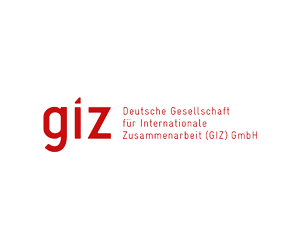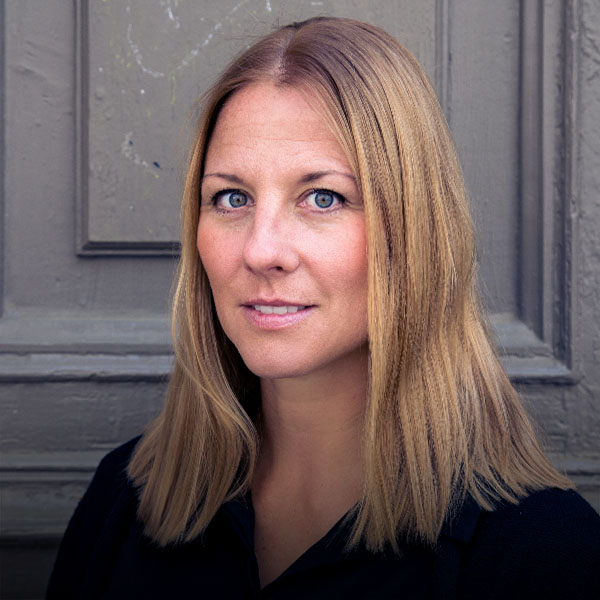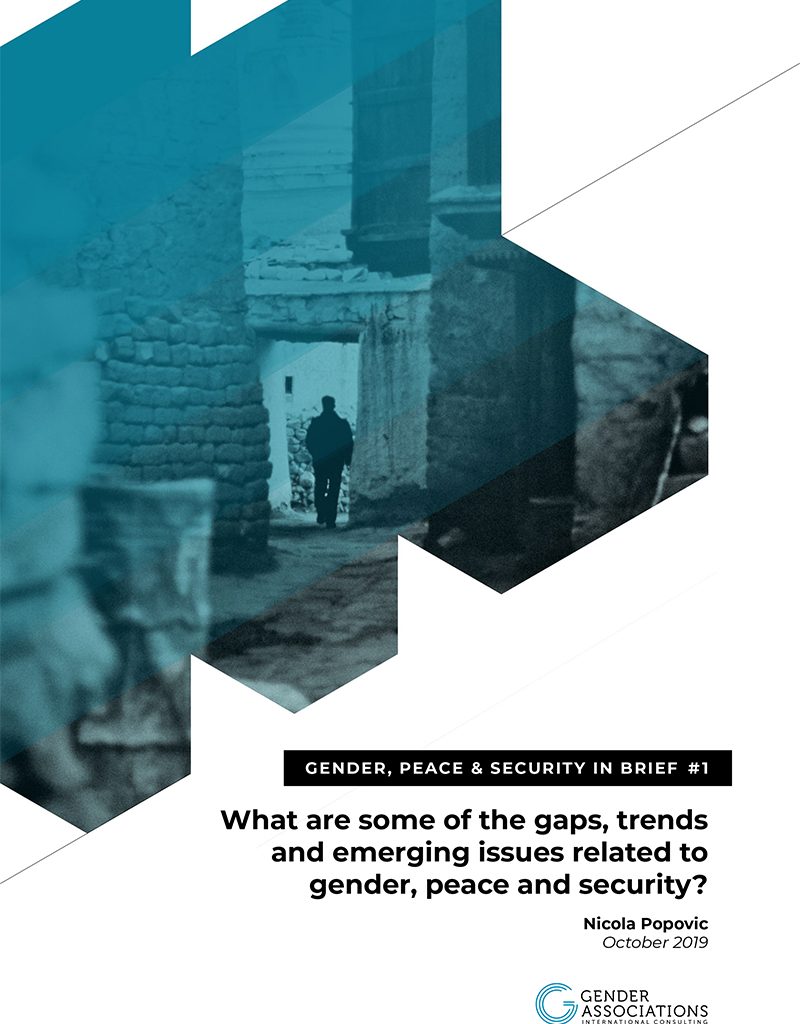Action-oriented research and advocacy
Gender Associations employs participatory and action-oriented research and analysis to ensure that the development of any intervention, policy or programme supports the advancement of diversity and gender equality rather than exacerbates already existing inequalities. Gender-responsive conflict and context analyses, for example, provide greater insight into existing social imbalances and unequal power dynamics, which are often root causes of conflict and political unrest. In order to measure the success and effectiveness of interventions and initiatives towards peace, the dimensions of gender and diversity must be integrated into the monitoring and evaluation process.






